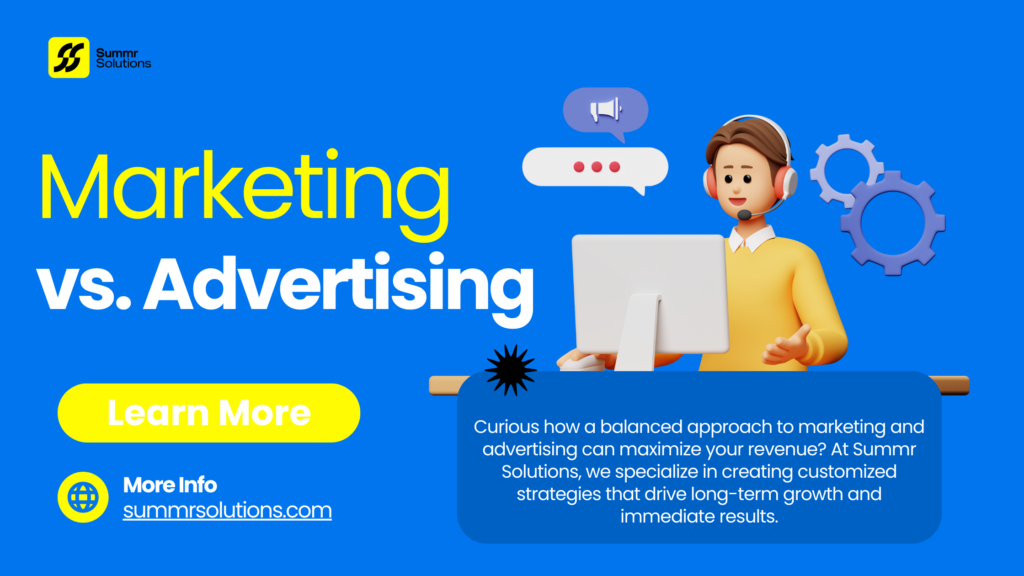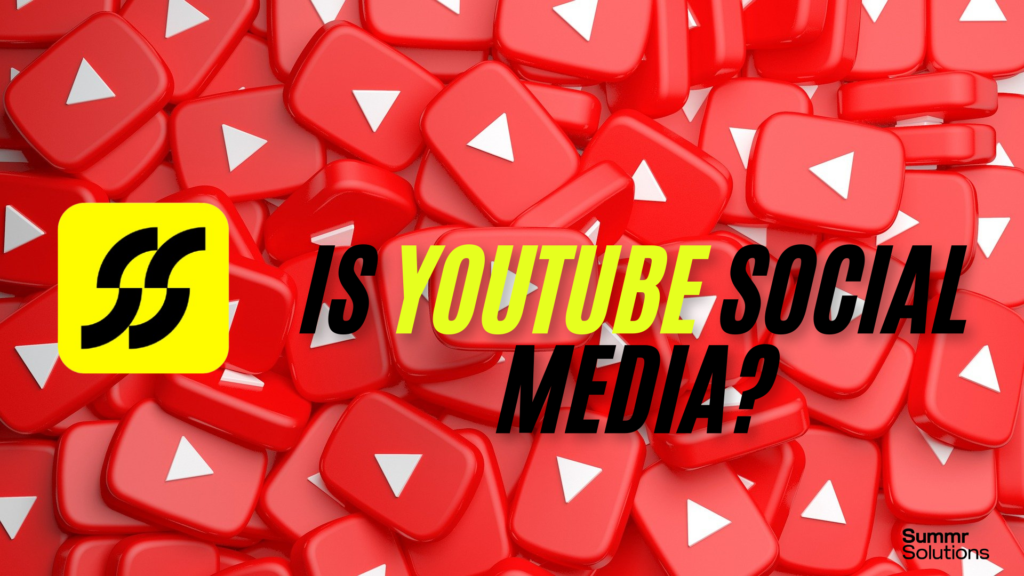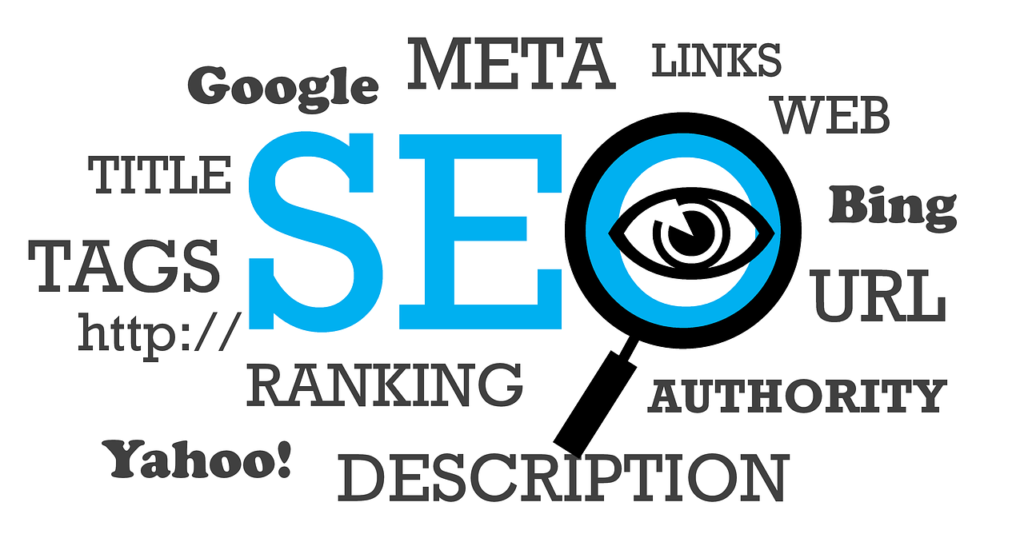In the fast-paced world of digital marketing, success often seems to hinge on creative techniques, clever strategies, and attention-grabbing ads. However, one principle stands tall as the cornerstone of sustainable success: honesty. As more consumers become discerning about the brands they support, authenticity and transparency in advertising have become essential for building trust and fostering long-term relationships. In this blog post, we’ll explore the importance of honesty in advertising and discuss ethical strategies that can propel your digital marketing efforts while maintaining integrity.
The Importance of Honesty in Digital Marketing
In an era where information is abundant and easily accessible, consumers are more skeptical than ever. With the rise of social media, online reviews, and user-generated content, people are not just passively absorbing advertisements—they are actively engaging, questioning, and sharing their opinions. This means that deceptive advertising tactics, such as exaggerating claims or hiding important details, can backfire, leading to loss of customer trust, damage to brand reputation, and legal consequences.
Honesty in advertising is about more than just avoiding false claims. It’s about presenting your product or service in a truthful, clear, and transparent manner. When businesses prioritize honesty, they build trust with their audience, leading to stronger brand loyalty and a more authentic connection with customers. Trust is a rare commodity in today’s competitive landscape, and those who cultivate it will have a distinct advantage.
Ethical Strategies for Honest Advertising
Now that we understand the importance of honesty, let’s dive into some ethical strategies that can help ensure your digital marketing efforts remain truthful and transparent:
1. Be Transparent About Pricing and Offers
Hidden fees or unclear pricing structures are one of the most common complaints consumers have about businesses. If you’re running a special promotion, such as a discount or free trial, make sure all the terms and conditions are clearly communicated. For instance, if your offer comes with a limited-time commitment, make that explicit. Misleading customers with “too-good-to-be-true” pricing only leads to dissatisfaction, negative reviews, and even potential legal trouble.
Best Practice: Always provide complete details of your pricing and any additional costs. Transparency in this area ensures customers feel comfortable and valued, not tricked into a purchase.
2. Highlight Real Customer Testimonials and Reviews
Honesty in advertising can be achieved by sharing authentic customer experiences rather than relying on fabricated or exaggerated endorsements. Use real reviews, case studies, and testimonials to showcase the value of your product or service. When customers see real people benefiting from your product, they are more likely to trust your brand and be motivated to take action.
Best Practice: If possible, encourage your satisfied customers to leave honest reviews, even if the feedback isn’t always glowing. Addressing both positive and constructive feedback can demonstrate that your brand values transparency and is committed to continuous improvement.
3. Avoid Misleading Visuals and Photoshopping
It’s easy to get carried away with editing and enhancing visuals for your advertisements, but it’s important to strike a balance. Over-Photoshopping images or presenting products in unrealistic ways can create expectations that your product cannot meet, leading to disappointment.
Best Practice: Use images that genuinely reflect the product or service you’re advertising. Avoid using excessive filters, touch-ups, or alterations that could mislead potential customers. Being honest about the appearance and capabilities of your product builds credibility.
4. Set Realistic Expectations
Setting accurate expectations is crucial when it comes to digital marketing. Over-promising what your product can do or how quickly results will be seen can lead to frustration for customers. Instead of inflating the benefits, focus on how your product or service genuinely addresses customer needs.
Best Practice: Be clear about the results customers can expect, especially in industries like health, fitness, and financial services, where exaggerated claims are often made. If your product takes time to deliver results, communicate that upfront.
5. Disclose Sponsored Content and Partnerships
In today’s digital age, influencer marketing and sponsored content have become integral parts of many brands’ advertising strategies. However, it’s important to be transparent about paid partnerships. Failing to disclose sponsored content can lead to a loss of trust from your audience, especially if they feel deceived.
Best Practice: Follow industry guidelines for influencer marketing and always clearly label sponsored content. Transparency in your partnerships not only keeps you in compliance with regulations but also ensures your audience feels respected and informed.
6. Embrace Social Responsibility and Authenticity
Consumers are increasingly attracted to brands that align with their values. Being authentic in your advertising means more than just telling the truth about your products—it also involves being transparent about your company’s values, social responsibility efforts, and commitment to sustainability. Brands that are open about their initiatives and are true to their claims are more likely to connect with ethical consumers.
Best Practice: Don’t just advertise products; promote your brand’s ethical practices, environmental efforts, and corporate social responsibility. Share stories about your commitment to sustainability, charitable efforts, or how your company contributes positively to society.
Why Honesty Pays Off
Honesty in advertising is more than just the ethical choice—it’s also a smart business decision. Brands that adopt transparent practices can build stronger, longer-lasting relationships with their customers. Here are some key benefits:
- Increased Trust: Customers are more likely to trust a brand that is open and honest. Trust leads to repeat business and customer loyalty.
- Stronger Brand Reputation: A reputation for honesty can make your brand stand out in a crowded marketplace. Positive word-of-mouth and recommendations from satisfied customers can further boost your credibility.
- Legal Protection: Transparent advertising practices protect your business from legal issues that arise from false advertising claims and consumer complaints.
- Better Customer Retention: Customers who feel valued and respected are more likely to return. Honest advertising ensures that expectations are met, reducing the likelihood of returns or negative reviews.
Conclusion
In the ever-evolving landscape of digital marketing, honesty remains the bedrock of lasting success. Ethical strategies, such as transparent pricing, showcasing authentic reviews, and setting realistic expectations, are the key to building trust with your audience. By incorporating honesty into your advertising campaigns, you not only enhance your brand’s credibility but also foster meaningful connections with customers, creating a foundation for sustained growth and success.
If you’re looking to elevate your digital marketing strategy with ethical and transparent approaches that build trust and drive long-term success, we’re here to help. Contact Summr Solutions today to learn more about how we can create an authentic, impactful digital presence for your brand. Let’s work together to ensure your advertising efforts are both honest and effective!























































































